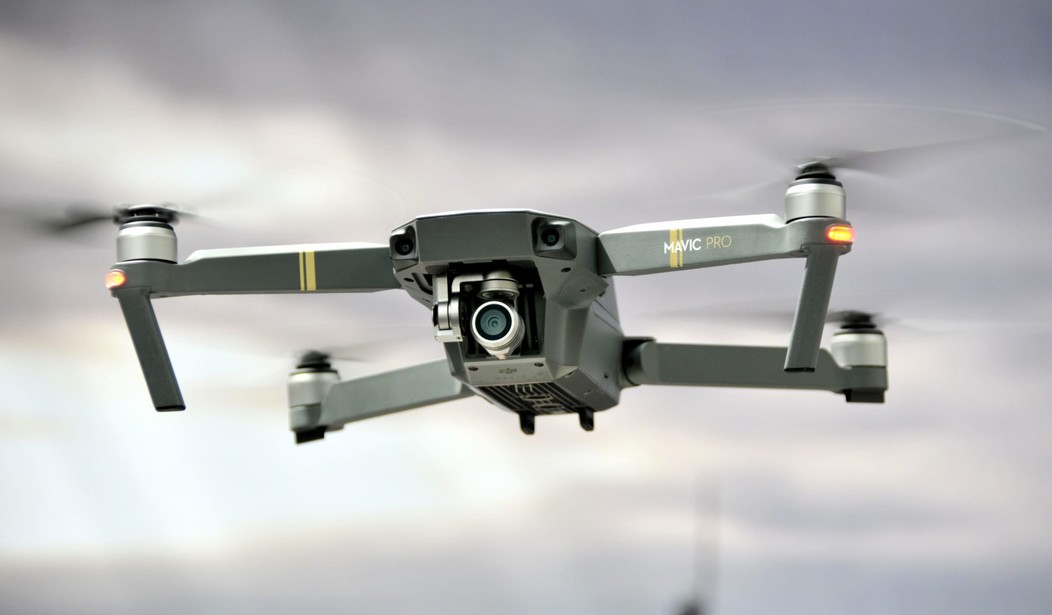A commercial drone advocacy group called for the repeal of Section 336 of the FAA Modernization and Reform Act (FMRA) of 2012, which exempts most model airplanes used for recreational or academic purposes from drone regulations established by the Federal Aviation Administration.
That prompted pushback from a drone hobbyist lobbying group, admitting that Section 336 needs some “tweaks” to keep up with drone popularity but arguing that “no one group has a greater claim to the nation’s airspace than any other.”
In a statement Wednesday, the Commercial Drone Alliance declared that “legislation is necessary now to allow the FAA to properly regulate hobbyist drone operations under a revised Part 107 of the Federal Aviation Regulations.”
“Since the implementation of the FAA’s Part 107 in 2016, which broadly authorized commercial drone operations in the U.S., drone use has been growing at an exponential rate. Today, drones enhance disaster response, infrastructure inspection, and newsgathering capabilities, among a host of other tasks. Technology lets drones facilitate communications, spray crops, deliver packages and provide security, all within the same airspace and at the same time as helicopters and other manned aircraft, over people and structures, and side by side with hobbyist drones,” the group said.
“Basic ‘rules of the road’ are needed to manage all this new air traffic. That is why the Commercial Drone Alliance is today calling on Congress to repeal Section 336 of the FAA Modernization and Reform Act of 2012, and include new language in the 2018 FAA Reauthorization Act to enable the FAA to regulate UAS and the National Airspace in a common sense way.”
The alliance, which includes members CNN, Ford Motor Co., American Fuel & Petrochemical Manufacturers, and technology firms, argued that “the sheer number of hobbyist aircraft taking to the sky now makes exempting model aircraft from regulation nonsensical.”
“As of Dec. 31, 2017, more than 873,000 hobbyist owners had registered with the FAA, which according to estimates, amounts to more than 1.1 million drones. Over the next five years, the FAA predicts this number will more than double to 2.4 million units,” added the group’s statement.
“We understand why model aircraft proponents want to remain exempt, as they have been flying safely for decades,” said Lisa Ellman, co-executive director of the Commercial Drone Alliance. “However, times have changed, and hobbyists are no longer flying alone.”
The Academy of Model Aeronautics fired back that the hobbyist lobby’s “number one priority is the safety of our nation’s skies” with training such as the Know Before You Fly program, and that has been “freeing up scarce FAA resources to advance commercial drone regulations and other priorities.”
“Even with AMA managing a portion of the recreational community and funding broader educational efforts, the FAA is still under-resourced to handle the growing surge in commercial drones, Part 107 waiver requests and future rulemakings,” said Chad Budreau, public relations & government affairs director for the AMA. “Eliminating Section 336 will exacerbate the demand on the agency’s resources, which may have implications for the commercial drone industry and the safety of our skies. Public-private partnerships with experienced community-based organizations like AMA, which are facilitated by Section 336, can be helpful in alleviating strain on the FAA and enhance safety.”
Budreau added that “even today, as drone technology continues to improve, modelers are dreaming up new ways to apply and use this technology every day,” and predicted a repeal of Section 336 “would be a devastating blow to innovation.”
“We recognize some tweaks to Section 336 may be needed to clarify who the provision does and does not cover. We also recognize that remote identification requirements make sense at an appropriate threshold of weight and capability, such as for more sophisticated drones. That’s why we are actively working with Congress, the manned aviation community and the UAS industry on policy solutions to these challenges within the framework of Section 336,” he said.
“While we support commercial drone endeavors, Congress should not allow for-profit companies to dictate legislation abolishing a segment of the hobby with a strong, 80-plus-year safety record. We need to advance drone deliveries in such a way that manned aircraft, commercial drone operators and hobbyists all operate safely and harmoniously together, as manned aviation and model aviation have done for decades. No one group has a greater claim to the nation’s airspace than any other.”









Join the conversation as a VIP Member